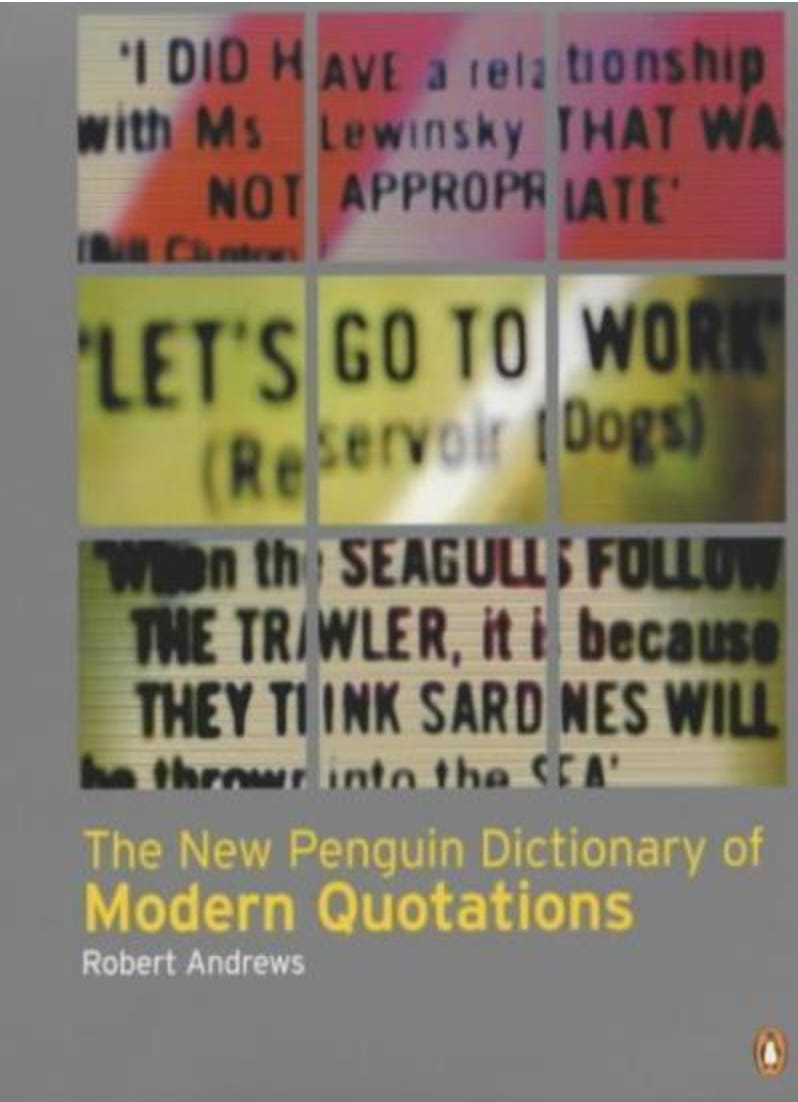Welcome aboard The Bus!
The Stop
Welcome to the fifth instalment of Exquisite Words! The first (1.47) looked at acheiropoeita, chthonic, quincunx and quodlibet; the second (2.16) at hacceity, nihil ex nihilo fit and qualia; the third (2.36) at abligurition, amatorculist, cacoethes and quaquaversal; and the fourth (3.16) at gerontocracy, pantisocracy, technocracy and timocracy. Today’s exquisite words are exeleutherostomise, hypercathexis, lapsus linguae and ultracrepidarian. As in the previous instalments, see if you can use them all in a sentence and drop it in the comments!
Exeleutherostomise: This verb intransitive1 - from the Greek ex- (out) + eleutheros (free) + stoma (mouth) - has been used since at least 1854 to mean speaking out freely, especially in an inappropriate moment. A commonly found example of the rarely used word is from B. S. Johnson’s Christie Malry’s Own Double-Entry (1973): ‘The offices of a General Manager of one of the few national banks is not the place to exeleutherostomise.’ Indeed.
Hypercathexis: This noun - from the Greek hyper- (over, above) + kathexis (holding) - has been used since at least 1923 (originally by Sigmund Freud, no less) to describe an excess concentration of mental energy on an object or person, or an excessive concentration of desire upon a particular object.
Lapsus linguae: This noun, first used in 1668 - from the Latin lapsus linguae (slip of the tongue) - means exactly that: a slip of the tongue, or a minor mistake in speech. Two common examples are spoonerisms (when a speaker accidentally transposes the initial sounds or letter of two or more words, often to humorous effect, e.g. ‘cakeing a bake’ or ‘deeding the fog’), and malapropisms (when a speaker mistakenly uses a word in place of a similar-sounding one, again to often humorous effect, e.g. ‘Jesus healed the leopards,’ or ‘He’s having a nervous shakedown’).
Ultracrepidarian: Whether used as an adjective or a noun, this word - from the Latin ultra (beyond) + crepidarius (shoemaker) - has been used since at least 1819 to describe the action - or the person doing so - of giving opinions beyond one’s area of expertise. The origin is traced to a story in ancient Greece about a famous painter named Apelles who would display his paintings and hide out of sight to listen to the viewers’ comments. One time a cobbler noted that the sole of a shoe was painted incorrectly. When Apelles fixed it, the cobbler was encouraged and began offering comments about other parts of the painting. At this point Apelles cut him off, saying ‘Ne sutor ultra crepidam,’ or ‘Shoemaker, not above the sandal.’ In other words, the cobbler should stick to his area of expertise.
The Detour
Today’s Detour is to a showreel (2:48) of digital special effects created by the digital production company Profile which ‘collaborated closely with Marvel Studios’ pre-production team during the initial phases of Ant-Man and The Wasp: Quantumania.’ It’s the work of over six months in which the Profile team ‘engaged in conceptualising a wide range of motion experiments aimed at visualising the intricate nature of the Quantum Realm.’ I’ve not seen the film,2 but these test effects are incredible - and some are incredibly beautiful. Worth a couple of minutes.
The Recommendation
Today’s Recommendation - inspired by the Stop - is Robert Andrews’s The New Penguin Dictionary of Modern Quotations (2000). All you need to know about this brilliant - and fun - reference book comes from the inside flap:
From the witty one-liners of comedians to the grave pronouncements of politicians, via literature, film scripts, song lyrics, advertising, journalism - and even the occasional piece of graffiti - The New Penguin Dictionary of Modern Quotations brings together some 8000 of the pithiest and most telling quotations of recent times.3 Many are now deeply embedded in popular consciousness; others have never appeared in quotations books before. What they have in common is the power to entertain or intrigue or shock, and to shed light on the very varied attitudes and concerns that have shaped the past handful of decades.
It is not simply the range of material included that makes this collection unusual but the fascinating insights it constantly offers into individual remarks and sayings …. Backed by extensive indexing - the reader can find quotations by keyword or by theme - this wonderful new anthology includes such influential figures as Hannah Arendt, Ingmar Bergman, Bill Clinton, Stephen Hawking, Doris Lessing and Groucho Marx. It offers a thoroughly intoxicating mix of humour, tragedy and sharp insight - and constant food for thought.
Look for The New Penguin Dictionary of Modern Quotations at an independent new or used bookstore (or, hey, the library) near you!
The Sounds
Today’s playlist is a collection of five exquisite songs: ‘Lover, You Should’ve Come Over’ (Jeff Buckley, 1994), ‘Life on Mars?’ (David Bowie, 1971), ‘Since I’ve Been Loving You’ (Led Zeppelin, 1970), ‘Ain’t Wastin’ Time No More’ (The Allman Brothers, 1972) and ‘The Last Resort’ (The Eagles, 1976).4 Enjoy!
The Thought
Today’s Thought (taken from today’s Recommendation) is from the British novelist Julian Barnes’s novel Flaubert’s Parrot (1984):5
‘The greatest patriotism is to tell your country when it is behaving dishonourably, foolishly, viciously.’
If you have a thought on this Thought - or any part of today’s issue - please leave a comment below:
And that’s the end of this Stop - I hope you enjoyed the diversion!
Thanks to everyone who subscribes - your interest and support is truly appreciated. If you like The Bus, please SHARE it with a friend or two.
If you haven’t climbed aboard The Bus, please do!
If you like The Bus, why not check out other newsletters?
The Sample sends out articles from blogs and newsletters across the web that match your interests. If you like one, you can subscribe with one click.
Refind picks five links from around the web that make you smarter, tailored to your interests. Refind is a must-read newsletter loved by over 200,000 curious minds. There’s also a very cool app. Sign up for free!
Until the next Stop …
A verb that doesn’t require a direct object, e.g., stand, wait, shout, laugh. I love words (in fact, love of words (or logophilia) was a discussion point in a couple of my English classes today), and daily receive a word-a-day email in my inbox. In fact, I’ve been receiving these emails non-stop since the mid/late 1990s when I read about Anu Garg’s A.Word.A.Day in Smithsonian Magazine. Sources for today’s words are from various A.Word.A.Day issues, with a little help from Merriam Webster.
And I most likely won’t. No offence to any Bus Riders who are, but I’m not a Marvel fan because I just don’t get the appeal. Which surprises me, considering some of my interests.
Granted, it is 23 years old. Imagine the quotes one might include from those intervening years.
Each of these tracks is exquisite in its own right: Buckley’s voice and the composition is nearly perfect; Bowie’s surreal track is often lauded as one of (or the) ‘best songs ever written,’ and while this is certainly contentious, if you listen carefully - especially to Rick Wakeman’s keyboards - it’s easy to see why someone might say this; the Zeppelin track thoroughly rocks with the band on top form, but for me it’s anchored and ultimately sold by Bonham’s drums; the Allman Brothers track is what occurs when that rare, perfect jam suddenly appears - and while it’s not their best known or most popular, I’d argue it’s their best song; and - on what must win the award for being the most unfairly overshadowed track on any album - the Eagles are at their best here. Leave me a comment if you agree/disagree or have any special thoughts on these tracks - or suggestions for others!
On another note, only after listening to ‘The Last Resort’ three days ago for the first time in years - it just popped into my head when I was thinking about songs that would fit the Stop - did I realise it references the now-destroyed town of Lahaina, Maui. In the song, the lyrics refer to people who flee a growing and decaying Los Angeles to establish another ‘paradise’ there - which, of course, like all other ‘paradises’ they’d destroy one way or another. An eerie lyric, now.
For more about Barnes - and you should definitely read his A History of the World in 10½ Chapters - see: Julian Barnes.








I have been totally intimidated by the last couple Exquisite Words collections but the theme of the those you chose in this Bus inspired this attempt: "Your hypercathexis on the age of planet Earth, given your lack of background in astrophysics and geology, likely led to your little-appreciated exeleutherostomise during Bible Studies when you were preaching your ultracrepidarian “facts” supporting Young Earth Creation and humorously included the lapsus linguea “Saint Fun Paradox.”
I do believe ultracrepidarianism is spreading at an alarming pace.
Lapsus Linguae also happens to be an incredible turn-of-the-millennium band from Glasgow. Irrelevant, sure. Though I would be remiss not to mention it.
As always, a great stop.